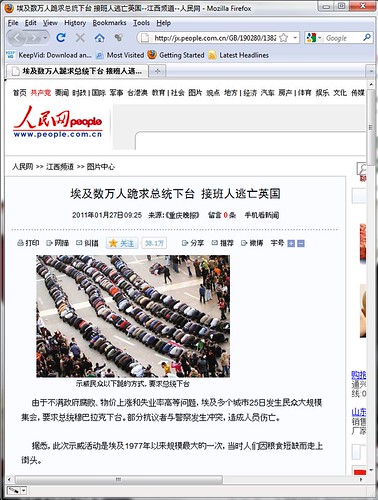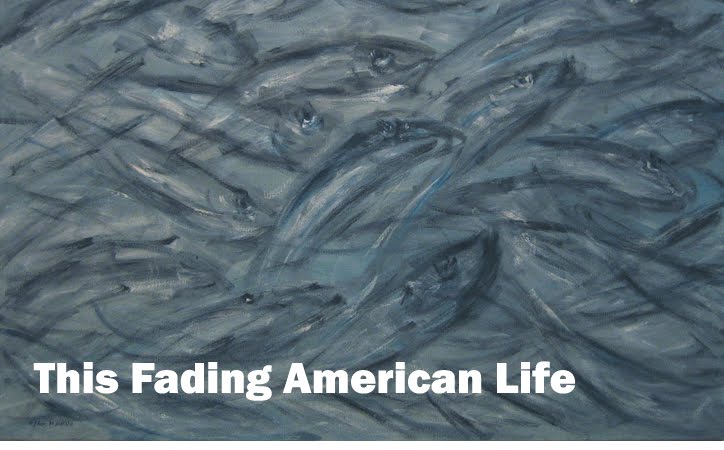The rapid rising of food prices can be contributed to many factors but one undeniably was the change of climate. Losing or arable land to other man-made structure, such as those in China, contributed to this food crisis as well. Or, like what happens in the US, when large quantity of corns are used to make ethanol, instead of feeding people and livestock.
New York Times reported on 12 February that U.S.D.A. Approves Pro-Ethanol Corn Over Food Industry’s Objections:
A corn that is genetically engineered to make it easier to convert into ethanol has been approved for commercial growing by the Agriculture Department.This is very irresponsible of the government to let the industry to work out itself - didn't we have a finance and banking industry threw this nation and the world into the havoc we are still suffering from? Soon, the food chain will be polluted and more people will suffer from this. The prices of the food will go even higher.
The decision, announced on Friday, was made despite objections from corn millers and others in the food industry, who warned that if the industrial corn accidentally got into corn used for processed foods, it could lead to crumbly corn chips, soggy cereal, loaves of bread with soupy centers and corn dogs with inadequate coatings.
"It is going to contaminate the food and feed system, and why they are going to take that risk over the objections of a major American industry, I just don't understand," said Margaret Mellon, director of the food and environment program at the Union of Concerned Scientists, a group that has been critical of genetically engineered crops.
The corn contains a microbial gene that causes the corn to produce an enzyme that breaks down corn starch into sugar, part of the process for making ethanol fuel. Ethanol plants now buy this enzyme, called alpha amylase, and add it to the corn at the start of their production process.
...
The amylase corn is also one of the first to be engineered for industrial purposes rather than food use. The Agriculture Department has said in the past that crops used to produce industrial enzymes and pharmaceuticals would get extra scrutiny and regulation.
The department said on Friday it had determined that Syngenta's corn met the statutory requirements for approval, in that the crop did not pose a plant risk. The Food and Drug Administration had previously found the corn safe to eat. The Agriculture Department said it was aware of the concerns of corn millers and food processors, but said the industry should work that out by itself.
China, after have devoured acres and acres arable lands to build condos, office buildings, etc., and built huge vanity dams which exacerbated the drought, is moving from food self-sufficiency towards purchasing grains and that will make the poor people in the world suffer more.
This is, in turn, creating ripe conditions for revolutions, which would not necessarily be always bloodless.
 Beside hunger, other indignities people in Tunisia and Egypt suffered from their autocrat rulers were other factors of these revolutions.
Beside hunger, other indignities people in Tunisia and Egypt suffered from their autocrat rulers were other factors of these revolutions.Yet, it is hard to make those remote rulers understand the need of dignity of the ruled and their such sufferings. When the Egyptians knelt down for their prayers, the official newspaper in China, China Daily, reported that they knelt down to plea or beg the president to step down. Maybe most secular Chinese don't understand the kneeling praying ritual, but I suspect the editors in the newspaper knew better. They'd like to make people believe that their rights need to be bestow as alms.
No, Egyptians didn't plea or beg. They demanded. Unlike those protesting students there in 1989 who still harbored hope and trust from their government, longed for democracy, yet behaved as if serfs in front of their emperor.
To live like human beings, people need their dignities.
People want to live like human beings. This demand exists everywhere and needs not be imported. Several people are trying to credit George W. Bush (GWB) for bringing the changes to Mideast. That argument won't fly. GWB's attempt to export democracy was no different from Mao Zedong's attempt to export revolutions. Trying to claim credit for GWB is attempting to deny the ability of people to self determining their own fates, though this does not mean that we shall not support the liberal democratic ideas, and on this front, US actually has failed quite often.
Time to reflect, as well as to celebrate.





No comments:
Post a Comment